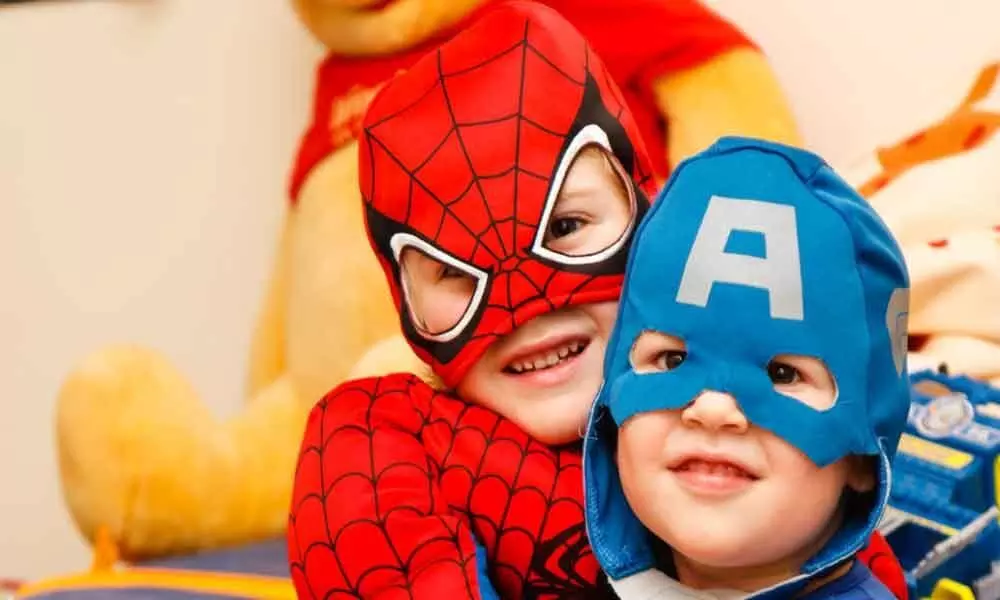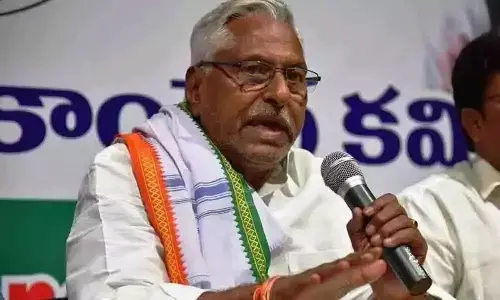Bilingual kids are strong, creative storytellers: Study

Bilingual children use as many words as monolingual children when telling a story, and demonstrate high levels of cognitive flexibility, a new study suggests.
Bilingual children use as many words as monolingual children when telling a story, and demonstrate high levels of cognitive flexibility, a new study suggests.
"We found that the number of words that bilingual children use in their stories is highly correlated with their cognitive flexibility--the ability to switch between thinking about different concepts," said study lead author Elena Nicoladis from University of Alberta in Canada.
"This suggests that bilinguals are adept at using the medium of storytelling. The results suggest that parents of bilingual children do not need to be concerned about long-term school achievement," Nicoladis said in a paper published in the journal Language, Cognition and Neuroscience.
"In a storytelling context, bilingual kids are able to use this flexibility to convey stories in creative ways," Nicoladis added.
The researchers examined a group of French-English bilingual children who have been taught two languages since birth, rather than learning a second language later in life.
Results show that bilingual children used just as many words to tell a story in English as monolingual children. Participants also used just as many words in French as they did in English when telling a story.
According to the researchers, previous research has shown that bilingual children score lower than monolingual children on traditional vocabulary tests, meaning this results are changing our understanding of multiple languages and cognition in children.
This research used a new, highly sensitive measure for examining cognitive flexibility, examining a participant's ability to switch between games with different rules, while maintaining accuracy and reaction time.
This study builds on previous research examining vocabulary in bilingual children who have learned English as a second language.
"Learning a word is related to how much time you spend in each language. For bilingual children, time is split between languages. So, unsurprisingly, they tend to have lower vocabularies in each of their languages," Nicoladis said.
"However, this research shows that as a function of storytelling, bilingual children are equally strong as monolingual children," Nicoladis added.









